With Facebook Recently Hacked, Here’s What You Need to do NOW

With Facebook Recently Hacked, Here’s What You Need to do NOW

Recently, we posted about a data breach in Facebook which affected almost 50 million users, which you can read about right here. Basically, there are people who found a security exploit, which they then used to obtain access tokens which they can use to access people’s accounts easily.
For those of you who aren’t aware, Facebook uses “Auth Tokens” as the method to store your credentials. Auth Tokens are bits of encrypted keys that work in combination to safely unveil your credentials to the host. When you login, your username and password are validated for the first time with the host.
This, in combination with several parameters (could be your browser/app identifier, timestamp, IP, or any data the host finds important to use for validation), are then encrypted with server side keys and converted into an authorization token (Auth Token).
This token then becomes something like your TouchNGo card. For as long as there value in it and it’s legitimate and not expired, you can just visit the site without having to login again. These tokens can be stored in multiple ways like cookies, browser’s local storage, application’s data folder or database, etc.
The Principal Research Scientist for Sophos (a British security software and hardware company), Chester Wisniewski, also chimed in on the matter:
In something as big and complicated as Facebook, there are bound to be bugs. The theft of these authorization tokens is certainly a problem, but not nearly as big of a risk to user’s privacy as other data breaches we have heard about or even Cambridge Analytica for that matter.
As with any social media platform, users should assume their information may be made public, through hacking or simply through accidental oversharing.
This is why sensitive information should never be shared through these platforms. For now, logging out and back in is all that is necessary. The truly concerned should use this as a reminder and an opportunity to review all of their security and privacy settings on Facebook and all other social media platforms they share personal information with.
What Should I Do Now?
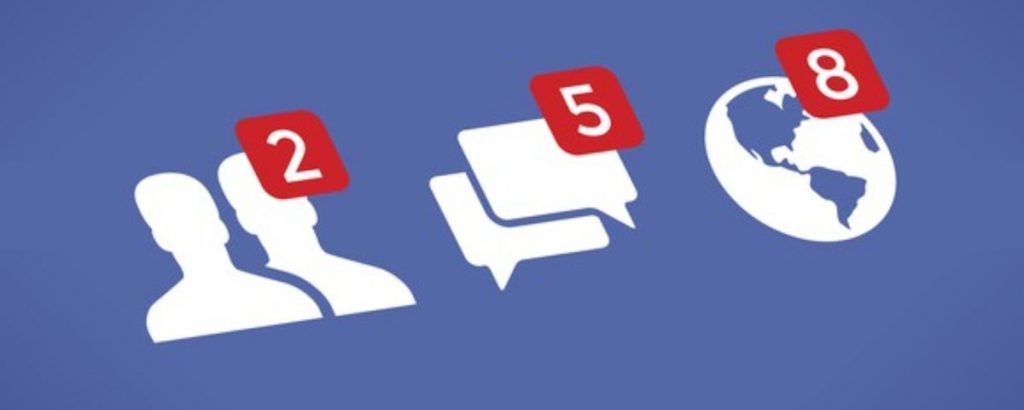
Now that we know what is happening and somewhat on how this all happened, some of you may be wondering what should we do to counter this issue. We might have strangers accessing our Facebook account or personal data and we might not even know about it, which can be a rather frightening thought.
Well, here’s a few simple steps that you can take.
Things You Should Do Right Now
- Change your password now, and preferably once every 3 or 4 months.
- Enable Two-Factor Authentication
- If your Facebook account is doing weird things (sending out ads, etc.), report it as a compromised account.
- Check for and remove suspicious applications (Settings > Apps and Websites)
Just changing your password alone will force every single device which your Facebook is logged in to log out. Sometimes, you never know how people might end up having your passwords, which is why it’s best to change it every now and then. Enabling two-factor authentication will let you know if anyone aside from yourself tries to login to your account.
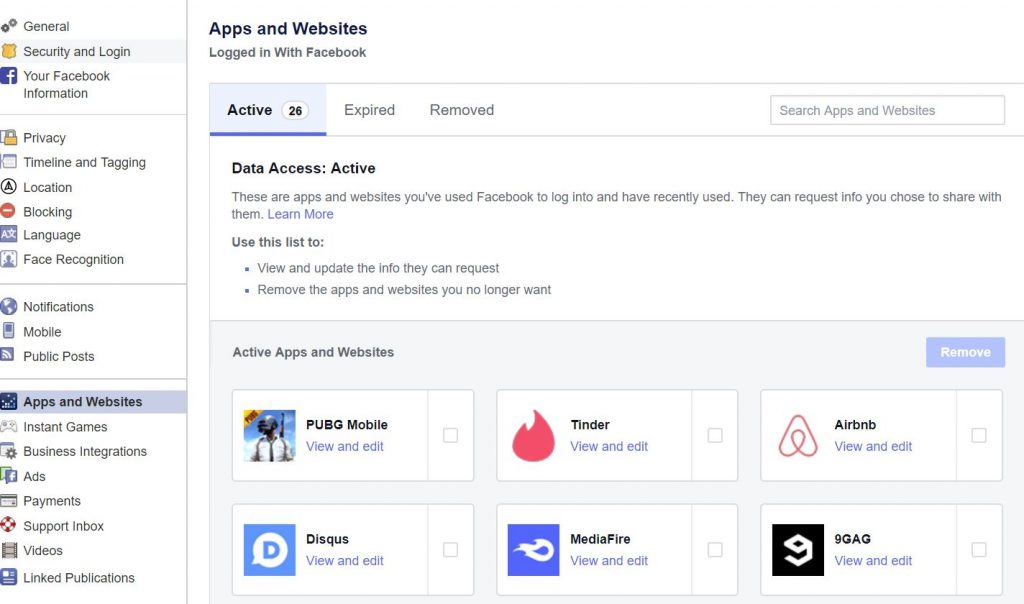
If you don’t recognize the apps / websites listed here, remove them immediately.
Be sure to check your own profile from time to time, and if your friends say that you’re sending weird stuff to them, quickly report your account as a compromised account. Lastly, be sure to check for suspicious apps that have rights to access or do whatever on your account by going to Settings on Facebook, and then clicking on “Apps and Websites” on the left side of your screen.
It may not be as big of a case as the Cambridge Analytica scandal but it’s better to be safe than sorry.
Big thanks to Sophos for sharing with us on the situation.

















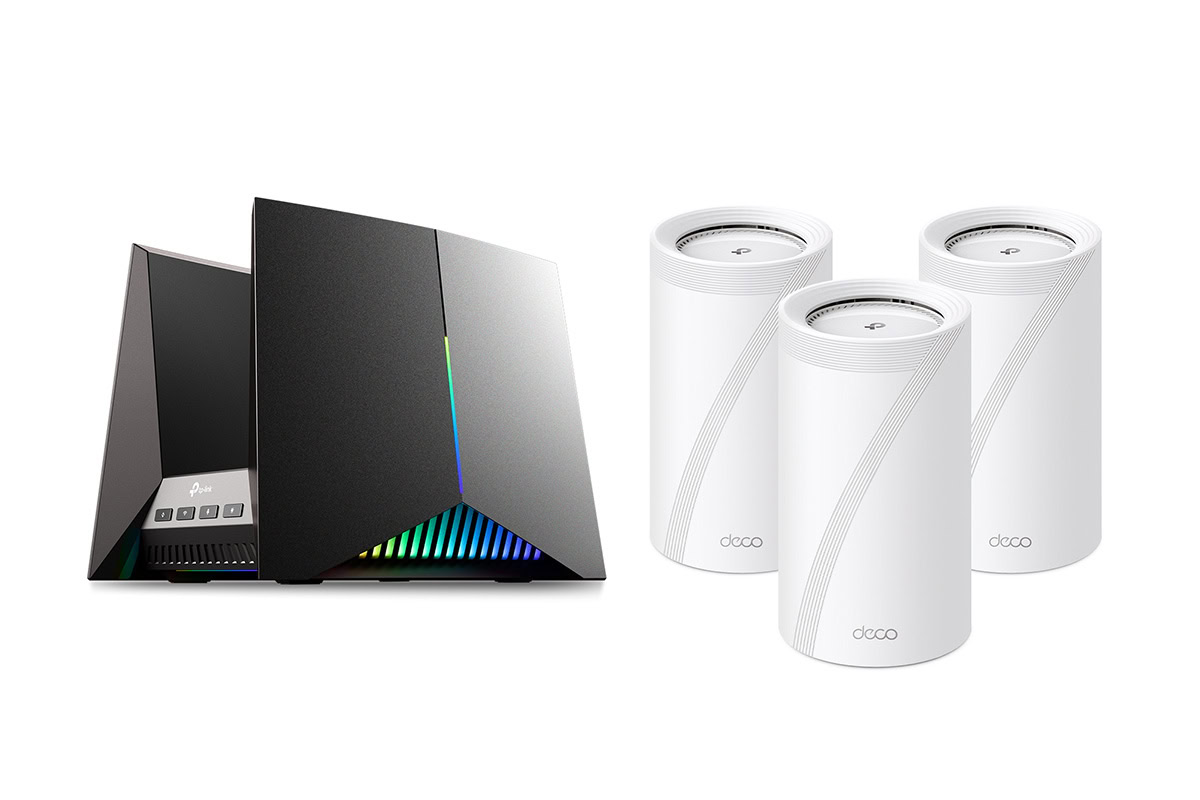



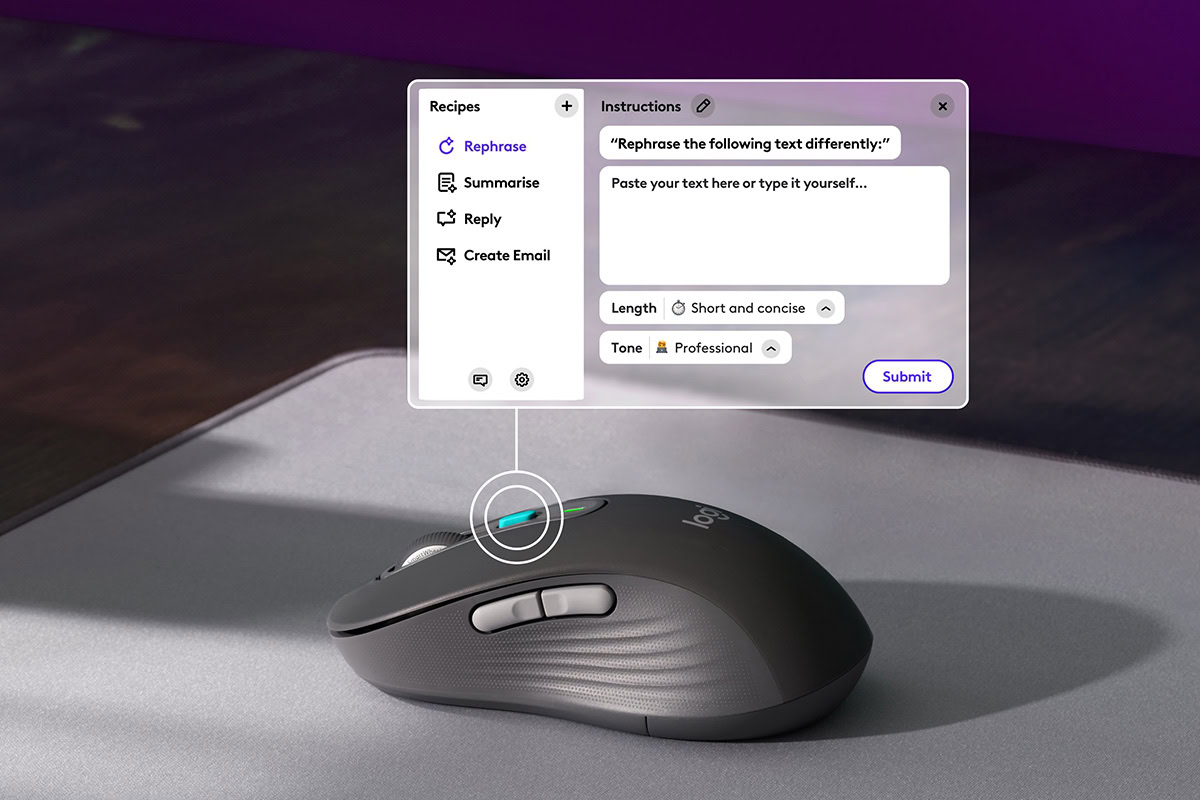
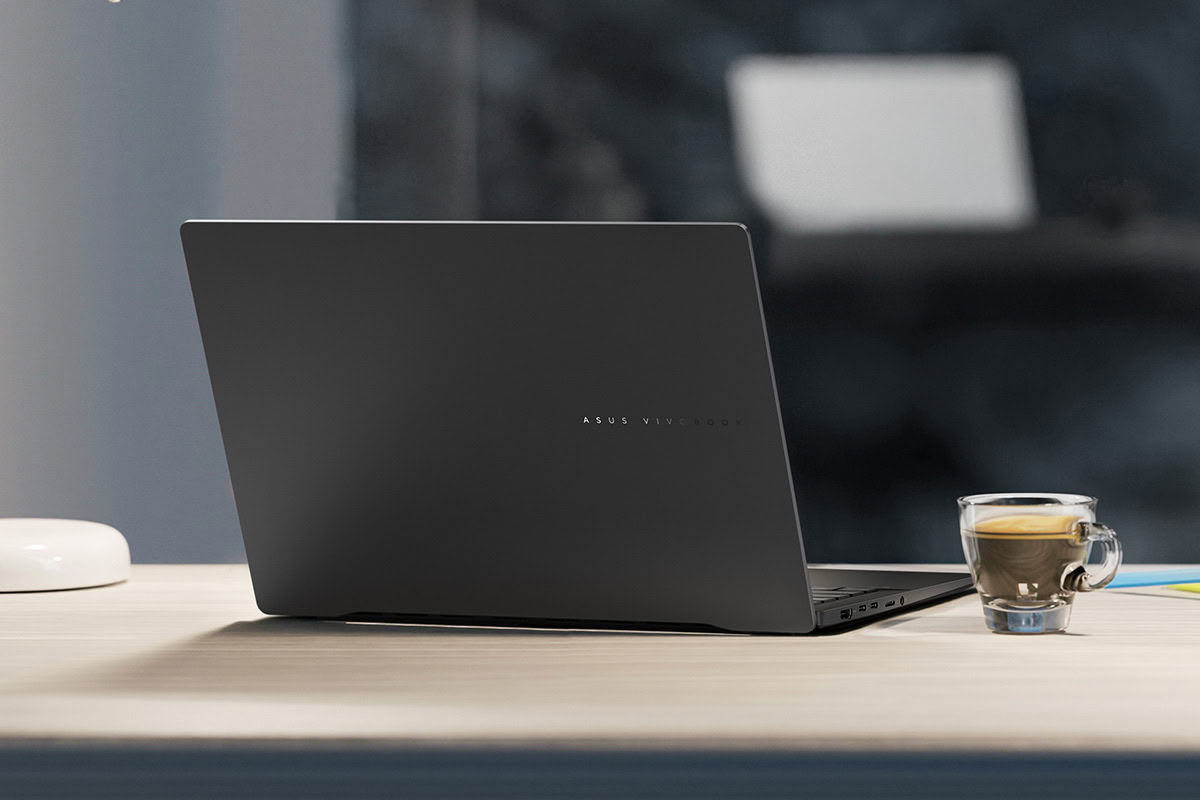



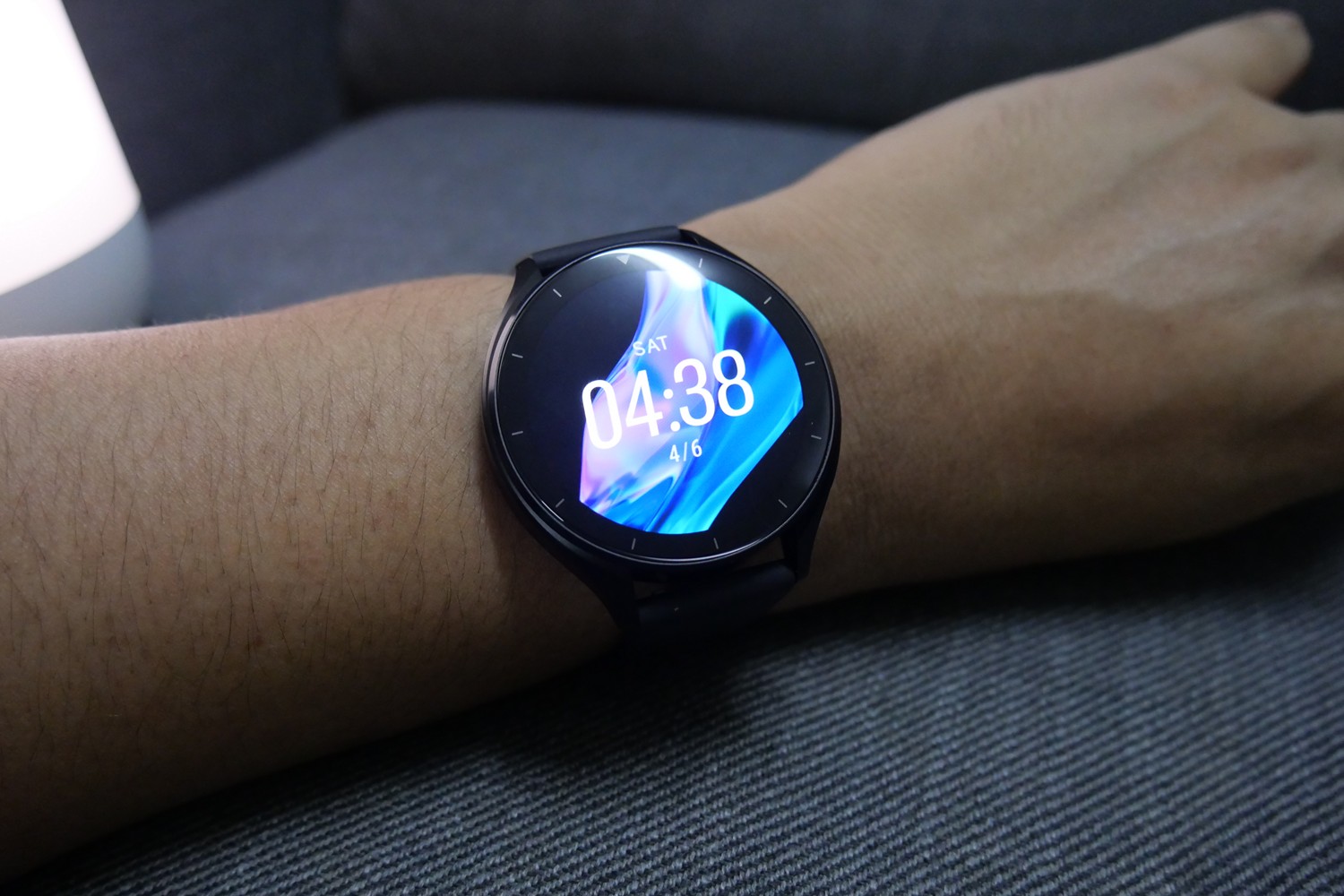
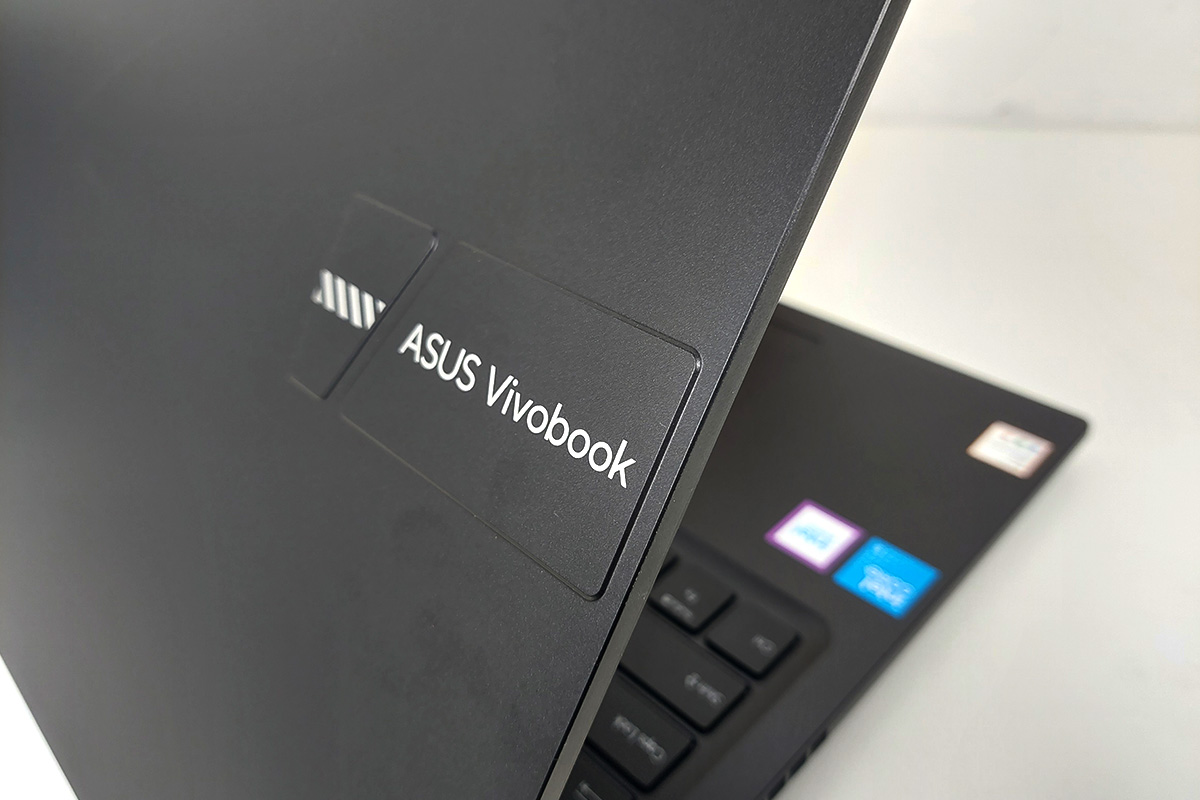
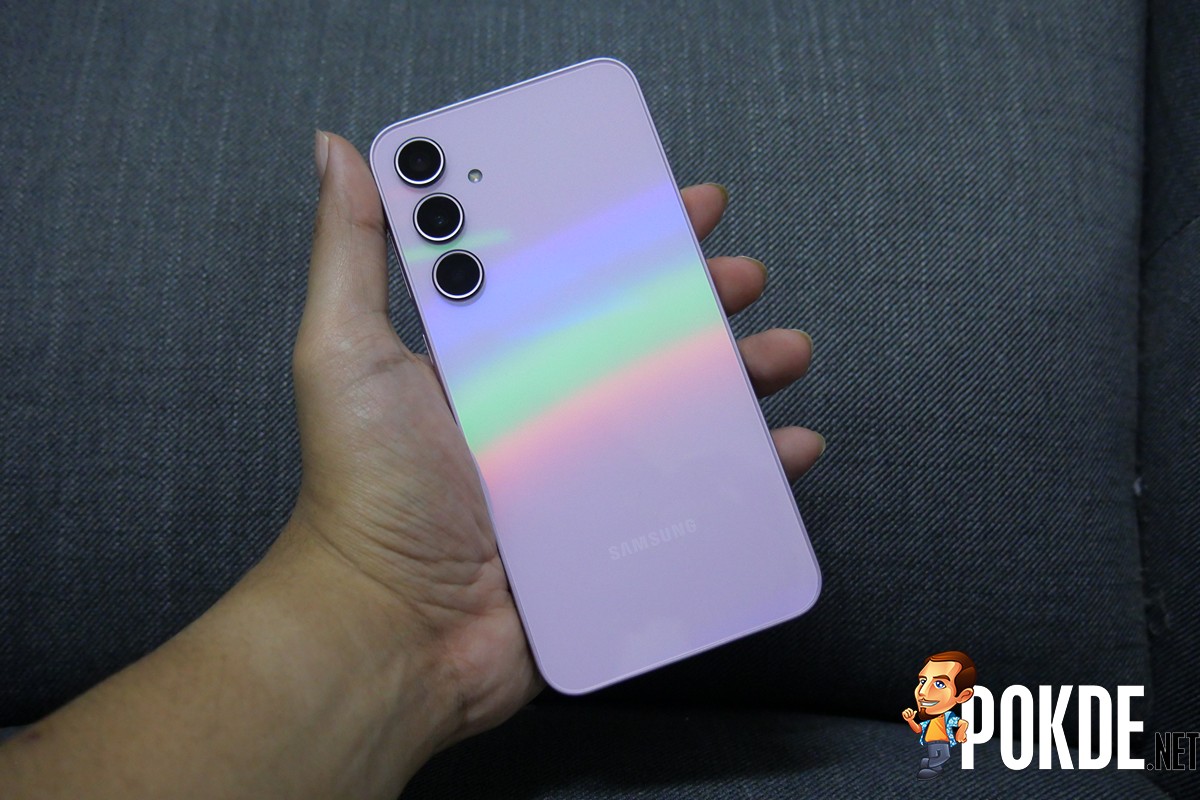
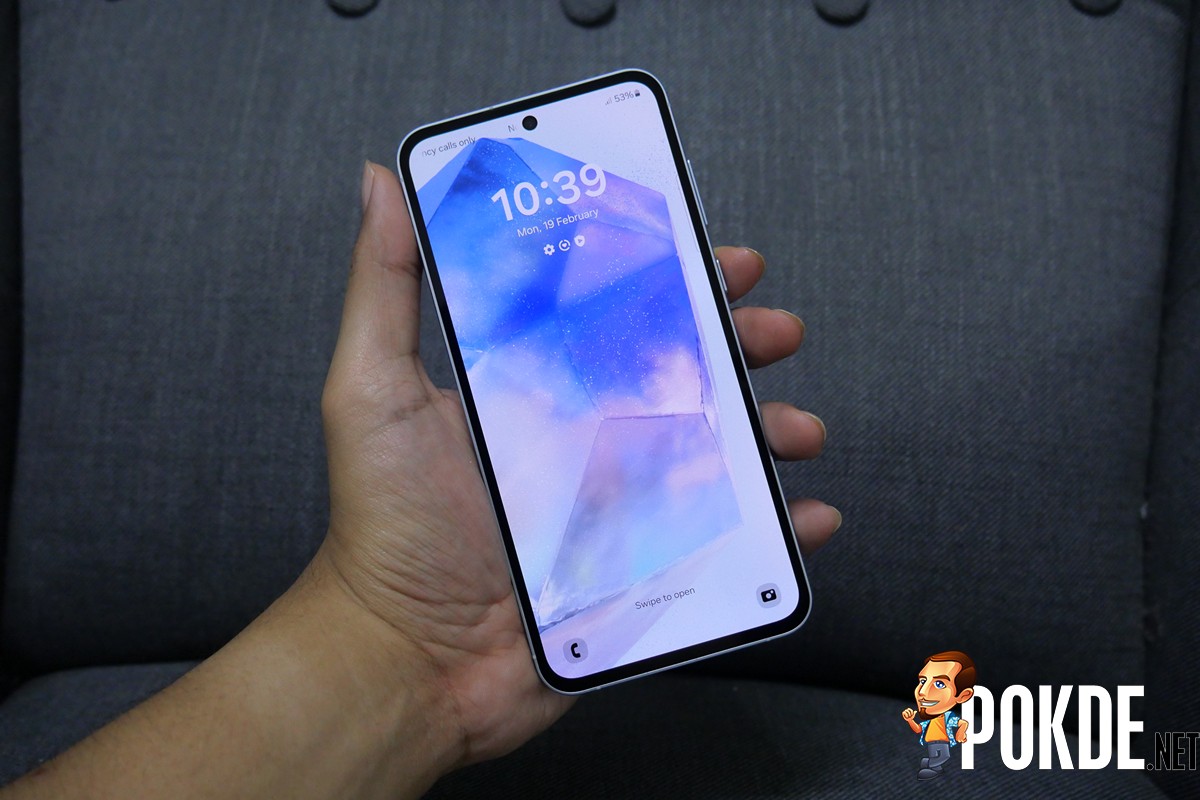


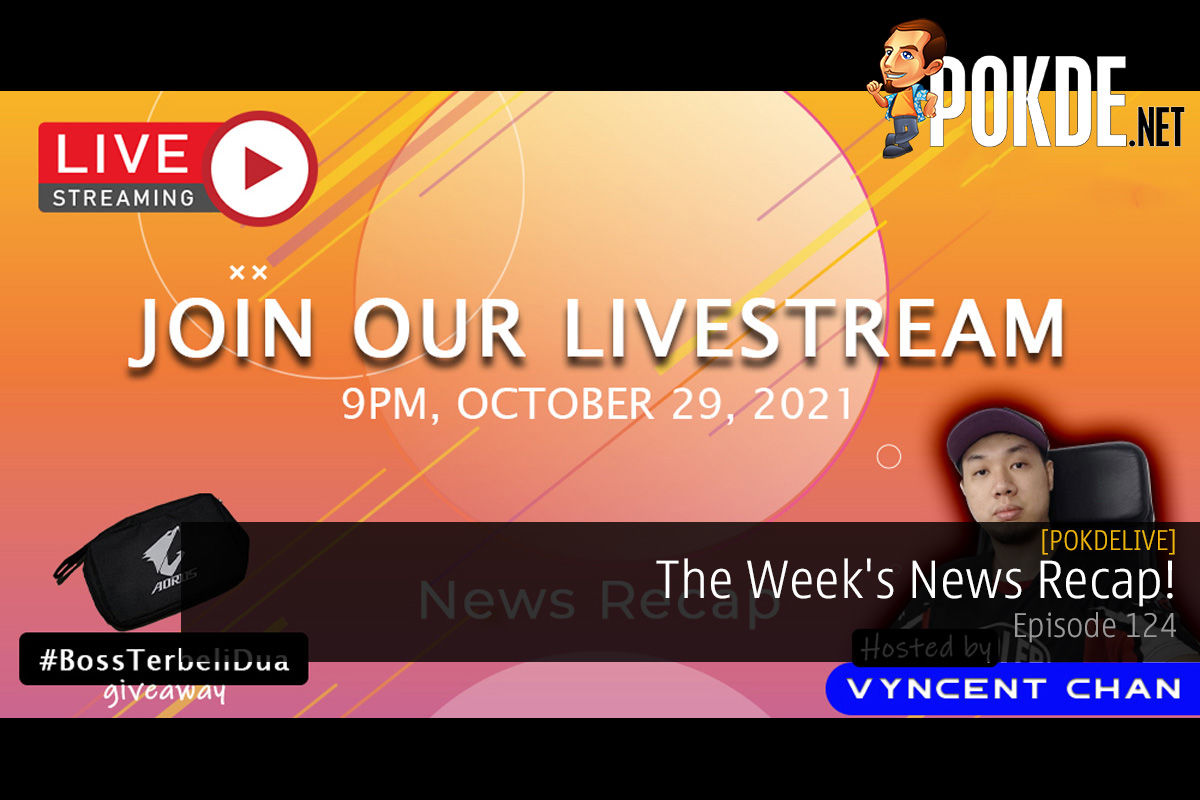











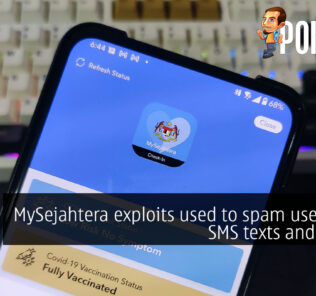


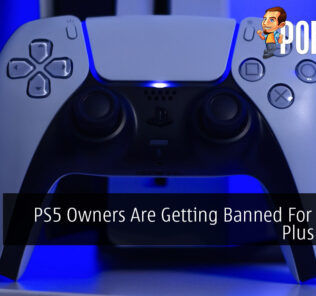
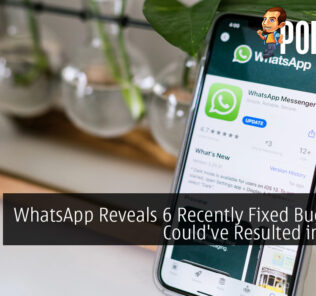



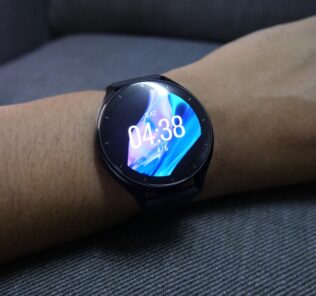


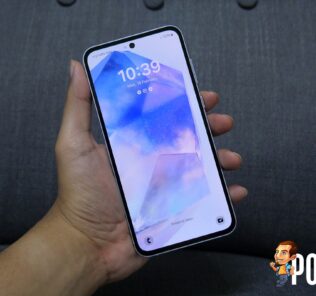


Leave a Response